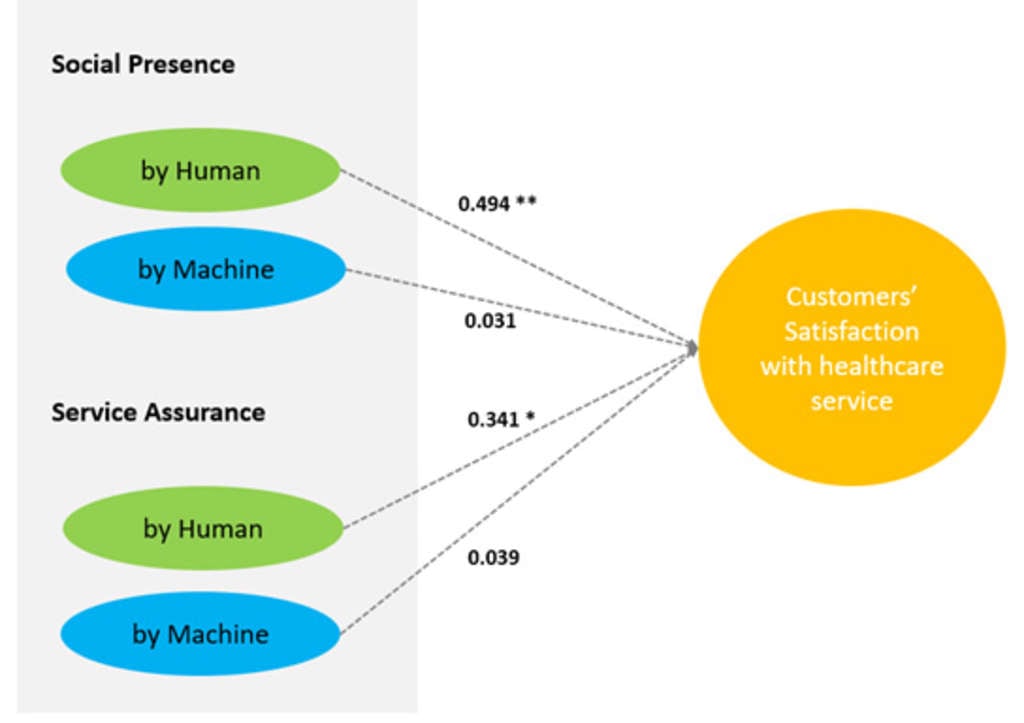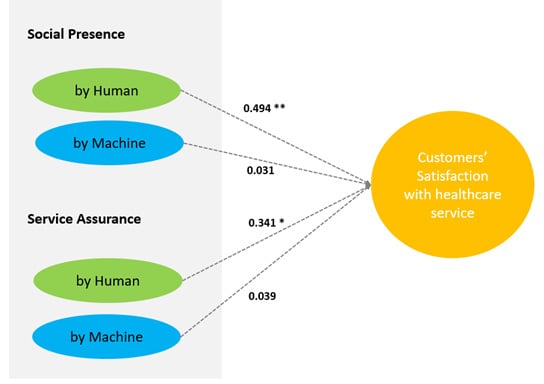How healthcare technologies are impacting homecare services
Social interaction is at the core of human well-being and the heart of any hospitality business. Numerous empirical studies in the hospitality literature have reported the positive effect of social interactions on customer experience and satisfaction. As healthcare technologies become increasingly innovative, various types of connected devices have been developed in order to provide high-quality healthcare services.
Technology for ambient-assisted living
Adopting connected devices is particularly important for healthcare service providers because such devices can help to record patients’ health-related data while enhancing communication between the healthcare provider and the service recipient.
New delivery modes for health care, such as smart homes, are required to ensure quality as well as cost-effectiveness for the services provided to an aging population. Smart homes rely on data acquisition equipment and devices to assess the current status of residents and their environments.
In addition, ambient-assisted living consists of technologies based on ambient intelligence. These monitoring devices can be put into three categories: sensors (identifying the user’s location, body temperature, etc.), physiological devices (monitoring the user’s heart rate, blood flow velocity, etc.), and multimedia devices (displaying information, speaker voice command, etc.).
Measuring service assurance and social presence
We conducted a series of interviews with local and regional health actors, as well as a questionnaire with seniors (134 respondents) who receive homecare services. The questionnaire was sent to the clients of healthcare service companies providing healthcare services to elderly people at home in Western Switzerland by post with a return stamped envelope.
For measuring ‘human social presence’, we asked questions such as Employees take time to communicate with me in order to better understand my personal needs
or The frequency of visits of the care service company suits me well
. For measuring ‘machine social presence’, we asked questions such as The technology used makes me feel connected with the external world
or There is a sense of human contact through the use of this connected technology
.
For measuring ‘human service assurance’, we used questions such as I trust employees of the home care service company
or I feel safe in my interaction with employees of the home care service company
. As far as ‘machine service assurance’ is concerned, we had questions such as The technology used looks trustworthy
or With this technology, I feel less anxious
.
Our research illustrates the importance of perceived service assurance (ability to inspire confidence) levels as well as social presence (the perception that there is personal, sociable, and sensitive human contact) delivered by humans for homecare services. Despite the fact that technology could help keep elderly people safe in their homes, the current findings show that using connected devices does not significantly impact customer satisfaction with the healthcare service provider.
When we focus on the age of respondents, one can claim that it impacts the perception of the social presence through the use of health connected technology. In other words, the older people are, the more they feel a social connection through the device with the external world. At the same time, the older they are, the less they appreciate the overall satisfaction with the healthcare service. We also observed that women appreciated the human social presence more than men, but this trend was not statistically significant.
Trust via communication
One way healthcare providers can build trust is through clear and transparent communication about the care they offer. This involves explaining the reasoning behind treatment decisions, discussing the potential risks and benefits of various treatment options, and addressing any concerns or questions patients may have.
Providers must prioritize making patients feel safe and well-cared for throughout the entire process (before, during, and after treatment). Creating a welcoming and supportive environment, recognizing patients' emotions, and ensuring patient satisfaction with the care provided are essential.
Surely, connected devices for healthcare services (e.g. Health Monitoring Devices, Fall Detection Systems, Smart Home Assistants, Medication Management Systems, Remote Patient Monitoring, Home Safety Sensors, etc.) will evolve in the future as they still are key elements in guaranteeing the elderly’s strong desire to keep living in their own homes for as long as possible. Additionally, there are several ethical considerations regarding the use of health-related technologies.
Evaluation criteria
As new technologies incorporating AI become more prevalent, we must evaluate each device or machine based on several factors:
- Level of autonomy (how much decision-making can a machine perform without human intervention?),
- Responsibility (who is accountable for tasks performed by machines?),
- Trust and safety (can the machine be trusted?),
- Social interaction (how can machines establish social connections?),
- Privacy and data protection (what data are collected, how are they stored, and who has access to them?),
- Human replacement (maintaining the appropriate balance between machine-human and human-human interactions). These considerations are especially crucial in the healthcare industry.
Machine vs. human: Finding the right balance
We recommend that healthcare service companies continue to work on improving social presence and service assurance by, for example keeping the same caregiver for the same patient and ensure that the caregiver and the patient are a good match. Indeed, a centralized customer relationship management (CRM) system with these data can be useful in tracking and monitoring the level of satisfaction of each senior with the profile of each employee to make sure that the ‘right’ caregiver is matched with a new client (based on data analysis from past experiences).
Another recommendation would be to systematically communicate to seniors the way each device is used when it comes to being connected with the external world (i.e., family and healthcare company). Finding the good balance between the usage of machine vs human will be one of the key elements for creating the trust required for homecare services.
EHL Hospitality Business School
Communications Department
+41 21 785 1354
EHL

